Menu
Planting trees is a major decision that requires consideration of crucial factors like planting time, soil quality, tree type, and tree placement. While most people often avoid landscaping projects during the cold months, winter is ideal for planting new saplings, depending on the soil temperature and overall conditions. As a professional tree care company, Driscoll Tree Service can assess the conditions on your property and guide you through a successful planting project. If you want to plant trees this winter, here are facts to help you make informed decisions.
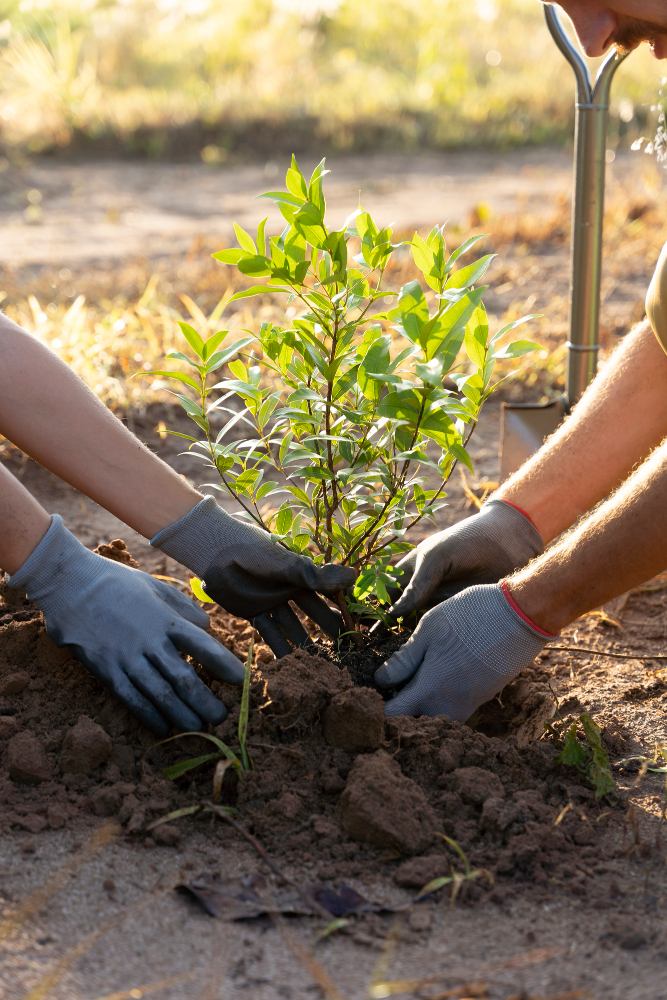
Winter is not usually ideal for outdoor activities, but it has its advantages in tree planting. During the cold months, deciduous trees are dormant, meaning they are not actively growing foliage or flowers. This dormancy state allows them to focus their energy on developing strong root systems. The cooler temperatures also reduce the risk of transplant shock, as the tree is not exposed to extreme heat and sunlight, which can stress young saplings. In addition, the lack of leaves in winter makes it easier for arborists to assess the structure of the tree and its root system. We can more effectively identify and prune dead or damaged branches, preventing further damage and tree removal emergencies.
Another vital factor to consider before winter tree planting is your USDA Hardiness Zone. This is crucial in mitigating problems in the future and ensuring healthy growth. Different tree species have specific temperature and climate requirements, hence the need to consult a reputable service provider. Our skilled arborists work with you to identify the various zones on your property and suitable trees that can thrive in those conditions and temperature ranges.
Checking the weather forecast is essential before hiring a tree care company to handle a winter tree planting project. Extreme cold or frost can be detrimental, compromising your trees’ health and overall well-being. Tree service experts usually recommend a mild day with temperatures above freezing for tree planting during winter. However, avoid tree planting during heavy rainfall or when the ground is frozen solid, as this can hinder root growth and establishment. The last thing you want is a premature tree removal emergency because of bad planting weather.

When considering trees to plant in winter, consult a professional tree care company to choose species well-suited to the season’s conditions. Deciduous trees like oaks, maples, and birches, especially bare-root trees, are often suitable for winter planting. These species are known for adaptability and thrive when planted during the dormant season. Evergreen trees such as pines, spruces, and fir are also excellent choices for winter planting because of their ability to hold moisture through their needle-like leaves, which is beneficial in cold and dry weather. Selecting the right tree species is crucial for a successful winter tree planting project, but if you need professional help, call a tree service expert.
Winter tree planting can be a successful endeavor when done correctly. With careful planning and consideration of these factors, you can contribute to a greener, healthier environment. Contact us at Driscoll Tree Service and schedule a consultation with our professional arborists for successful planting during the year’s coldest months.
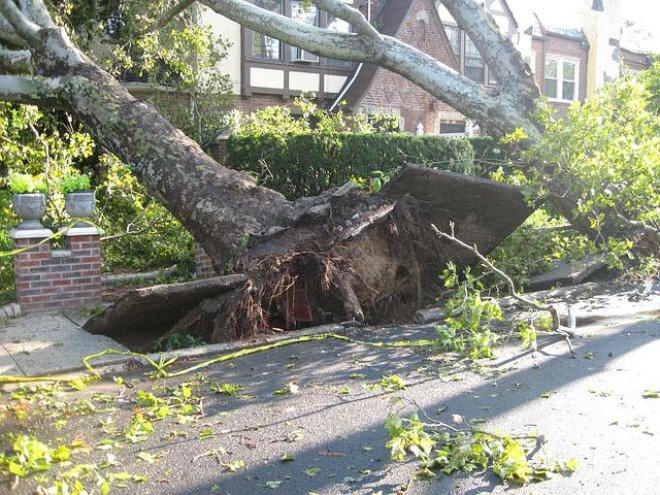
Just like your car needs regular oil changes and tune-ups, your trees also require routine trimming to keep them healthy and enhance safety. Trimming trees may not be your kind of ideal weekend activity, but it helps to keep your…
Read More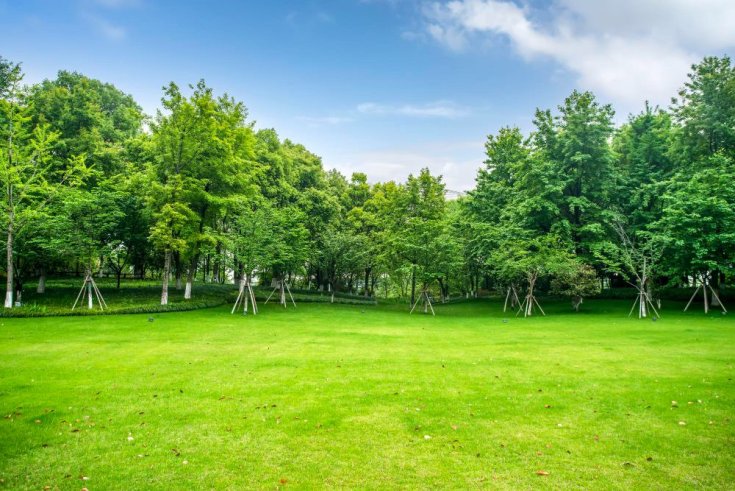
Most Interesting Facts About Trees Trees provide more than just clean air for the planet; they are entities that have been around for many years, bearing witness to Earth’s rich history. As a professional tree care company, the Driscoll Tree…
Read More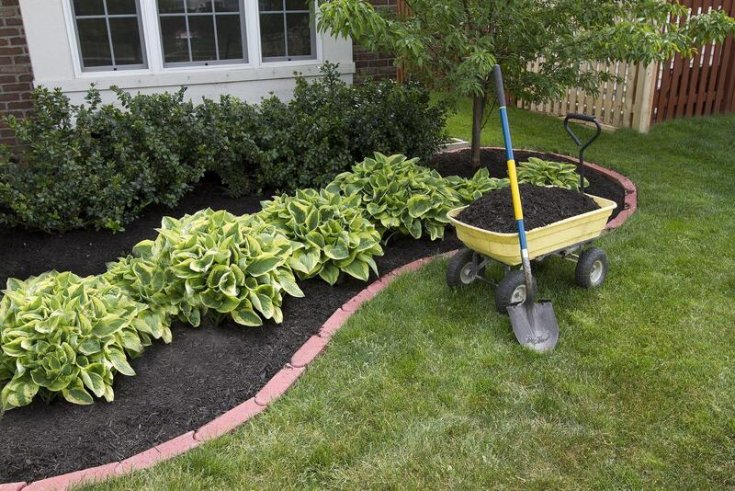
What are the Benefits of Brush Mulching? Mulching is a standard tree care practice that helps with moisture retention and soil nourishment. While there are several mulching techniques, brush mulching offers a sustainable solution to land management, as it entails…
Read More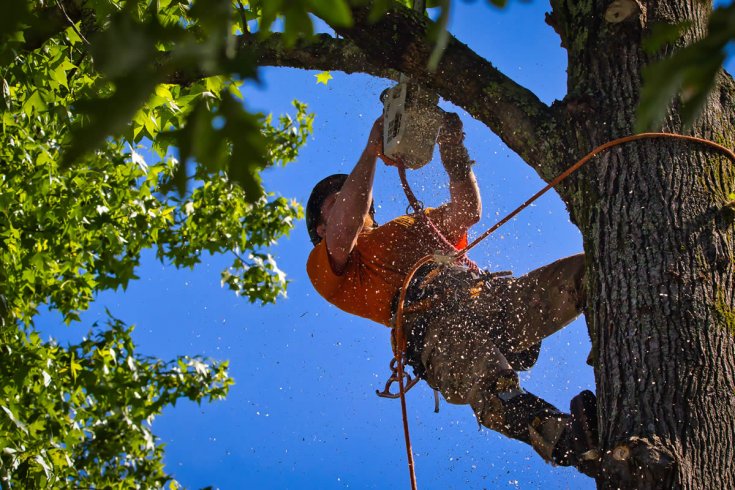
Why You Need an Arborist to Prune Your Trees Tree pruning is a vital part of property maintenance, but it's not a job for everyone. Mistakes made while pruning or trimming your trees could result in poor tree health, property…
Read More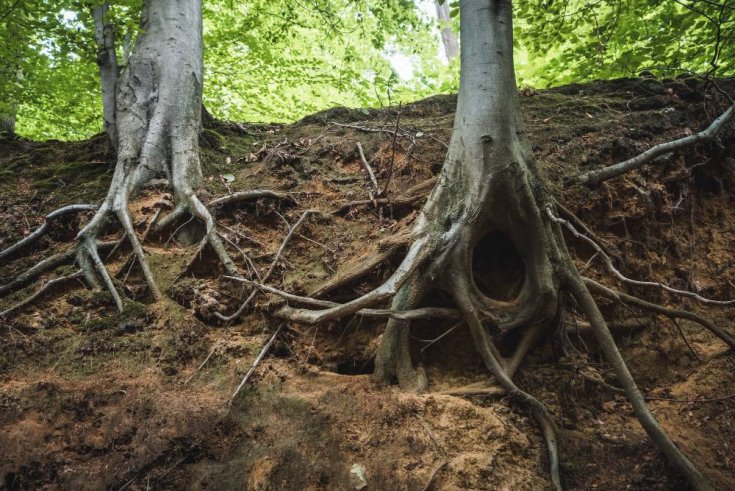
Root Damage That Threatens Structures Trees are living, breathing parts of our landscape, and they give us shade on hot Georgia afternoons, freshen the air, and sometimes even reward us with fruit. When chosen and placed well, trees increase property…
Read More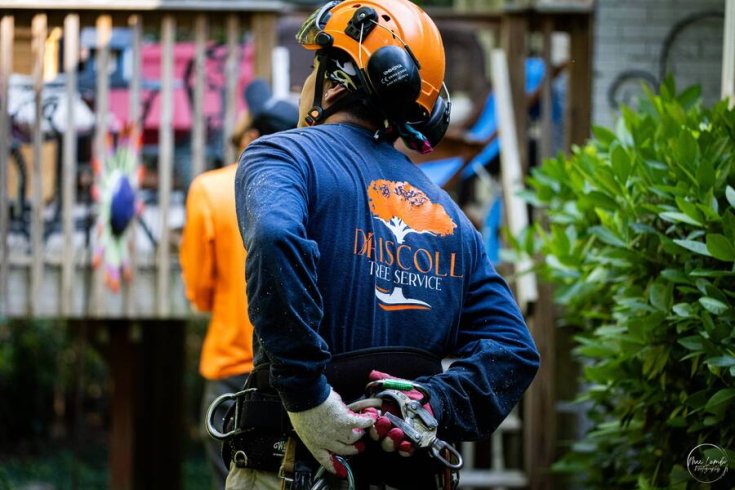
If you’ve lived in Metro Atlanta for a while, then you know we love our trees. Drive through Decatur, Marietta, or Roswell and you’ll see streets shaded by towering oaks, pines, and maples. For most of us, those trees aren’t…
Read More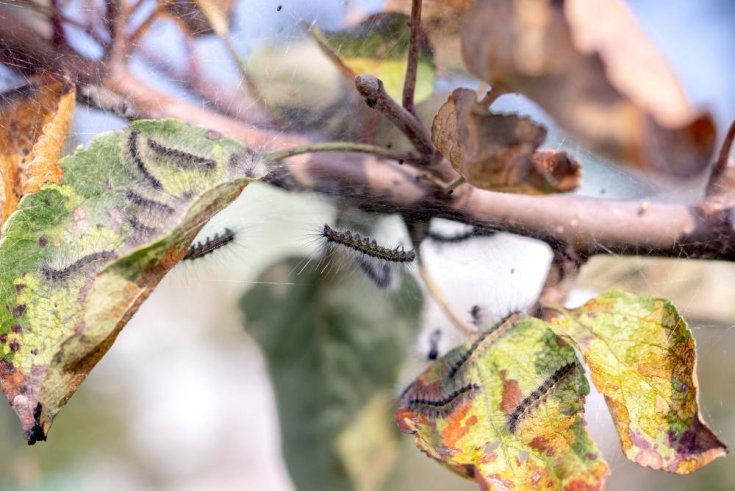
How to Help Prevent Tree Pests Trees are vital to our environment, providing many benefits like shade, oxygen, and beauty. However, they are also susceptible to pests that can cause significant damage and premature tree removal if left unchecked. Driscoll…
Read More
Benefits of Planting Trees Out of all the things you can do to enhance the aesthetics and value of your property, planting trees is at the top of the list. However, planting trees has many benefits, including social, environmental, and…
Read More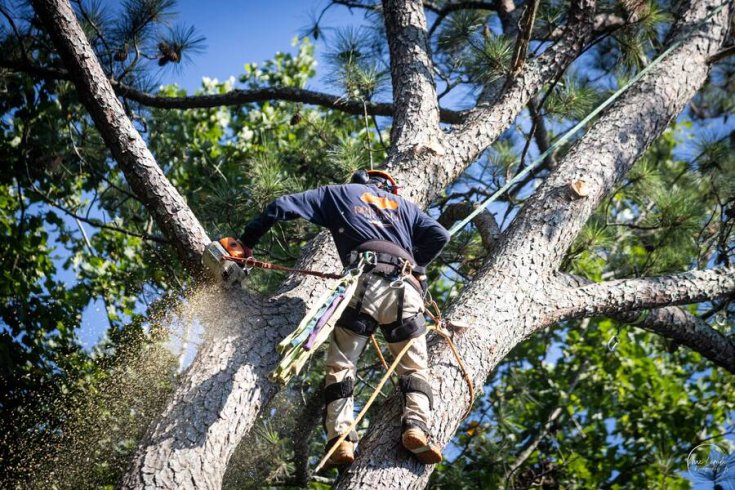
The Best Time of Year to Trim Your Trees (And Why It Matters) Trees are more than just scenery that beautify Metro Atlanta's landscape; they’re vital parts of our yards and provide shade, beauty, and environmental benefits. If you want…
Read More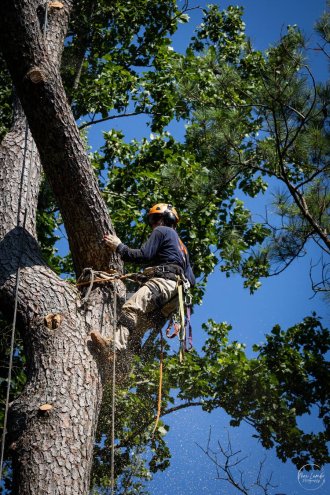
Have You Hurricane-Proofed Your Trees Yet? In the Southeast U.S., hurricanes aren’t just an occasional threat - they're a part of life. Georgia, in particular, faces frequent tropical storms and hurricanes that bring high winds, heavy rain, and the potential…
Read More